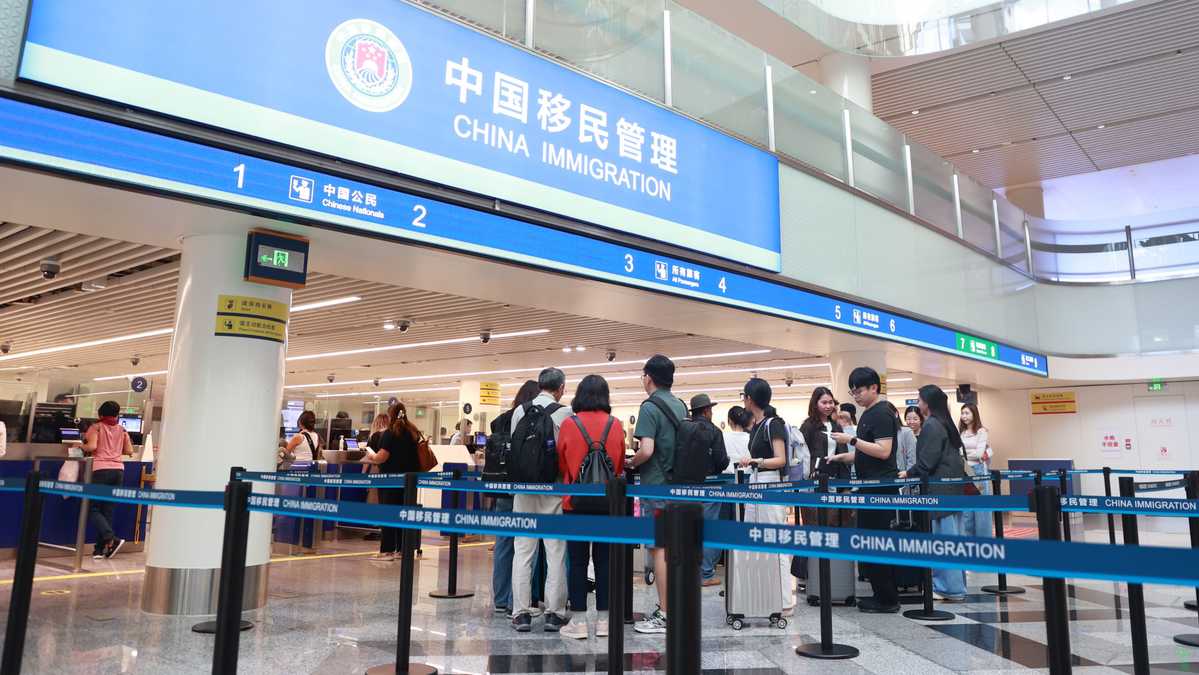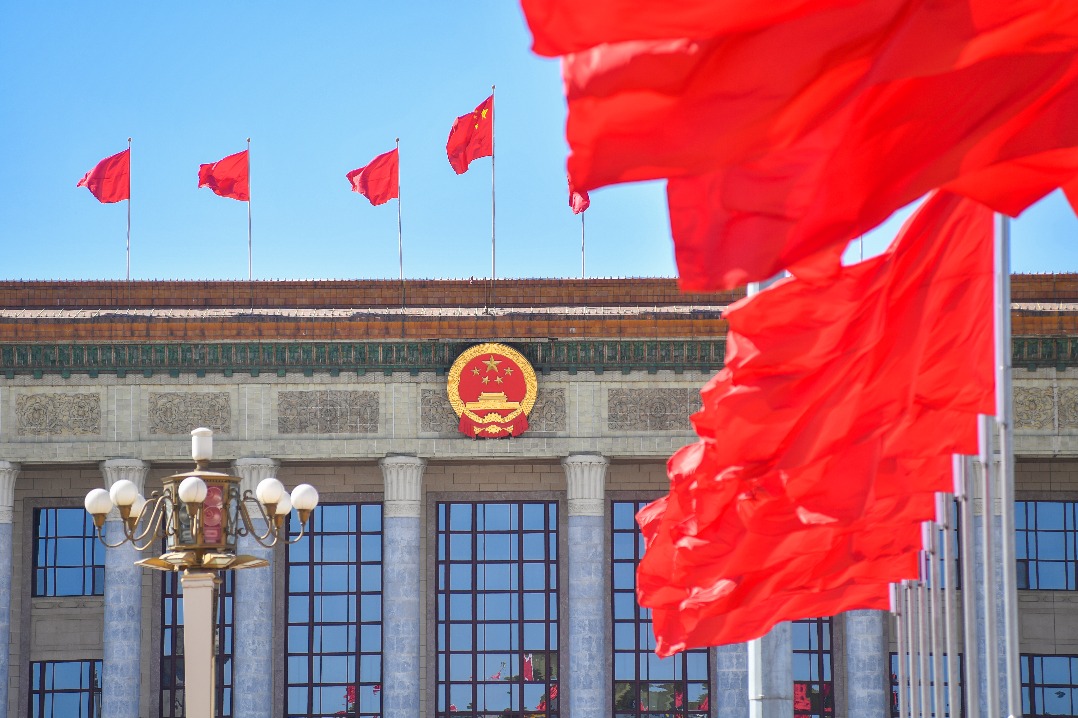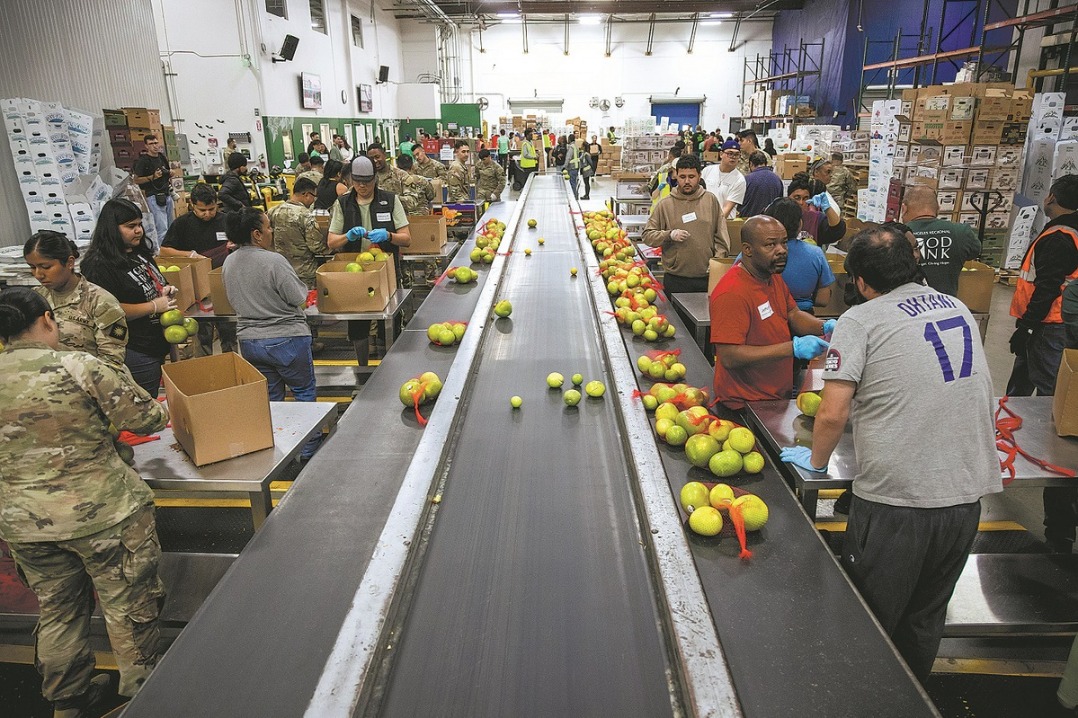Hainan readies for role as free trade flag bearer
Favorable tariff policies to open up major economic opportunities, say experts and business chiefs


Dynamic ecosystems
The Hainan Free Trade Port represents the latest step in China's exploration of special economic zones over more than four decades.
Its origins can be traced to the establishment of the first special economic zones such as Shenzhen in Guangdong province in the 1980s, which were followed by various national-level development zones and pilot free trade zones.
These zones have been instrumental as testing grounds for opening-up, promoting industrial agglomeration, and pioneering institutional innovation, experts said.
"Such special economic zones continue their role as vanguards, actively advancing institutional opening-up in critical areas like foreign investment," said Fang from the council.
"For instance, Hainan Free Trade Port is piloting a cross-border trade services list, covering 70 special management measures across 11 categories, significantly elevating the level of openness in sectors such as finance and shipping."
The launch of Hainan's special customs operations also has major relevance for the global network of free trade zones.
"Modern free trade zones are building resilient ecosystems that extend beyond traditional tax incentives, incorporating digital single windows, market diversification strategies, and optimized logistics," said James Zhan, chairman of the Executive Board of the World Investment Conference.
Zarooni said free trade zones now account for nearly 20 percent of global trade and generate more than 90 million jobs in over 3,500 zones worldwide.
"They are transforming into dynamic ecosystems that nurture small and medium-sized enterprises, foster entrepreneurship, and integrate cutting-edge technologies to enhance competitiveness," Zarooni added.
Chi Fulin, president of the China Institute for Reform and Development, said free trade zones should emerge as leaders in regional economic integration against the headwinds of slowing global goods trade and economic nationalism.
"Strategic collaboration between hubs like Dubai, the Hainan Free Trade Port, and special economic zones in the Association of Southeast Asian Nations, or ASEAN, could potentially catalyze the formation of the world's second-largest regional market," Chi said.
























